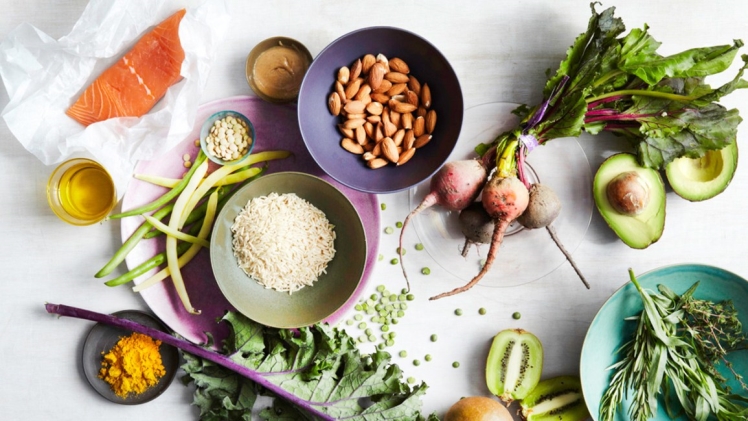During the past few decades, we’ve made amazing strides in understanding the impact of food on our lives. Now, more than ever, we have come to realize that foods can both harm and heal us.
Any healthy diet plan needs to center on foods you can keep eating for a lifetime—and it helps if those foods will also help protect you from disease. Here are some tips for eating healthier naturally and permanently.
Eat breakfast, and don’t skip meals.
Eat more often to avoid a completely empty stomach, which can make you overeat at your next meal. Instead of skipping meals, plan to eat four to six small meals or snacks, spaced 3 to 5 hours apart.
Pick carbs carefully.
Despite what the popular media might have you believe, you don’t need to avoid all carbohydrates. But you should shy away from simple carbohydrates, such as sugar, white bread, white pasta, and white rice. These foods are quickly turned into glucose by the body, and the influx of glucose causes a rapid rise in the hormone insulin, whose job is to escort glucose out of the bloodstream and into cells.
Choose bulky foods.
Foods that contain plenty of fiber, water, or air are “bulky” or “high-volume” and will help you stay fuller longer. These include high-fiber fruits and vegetables as well as beans. Instead of eating a handful of raisins, choose water-dense grapes. If you’re making chili, add more beans to bulk it up without adding a lot of calories. Other low-cal, high-volume foods to favor are broth-based soups. Studies show that people who start a meal with soup eat less at that meal and later in the day. Just be sure to avoid cream soups, which are high in calories.
But don’t strive for a fat-free life. Don’t attempt to cut all the fat out of your diet. Research has shown that people are better able to maintain their weight loss when their diets allow at least some foods that contain healthy fats—for example, nuts, avacados, and olive oil.

